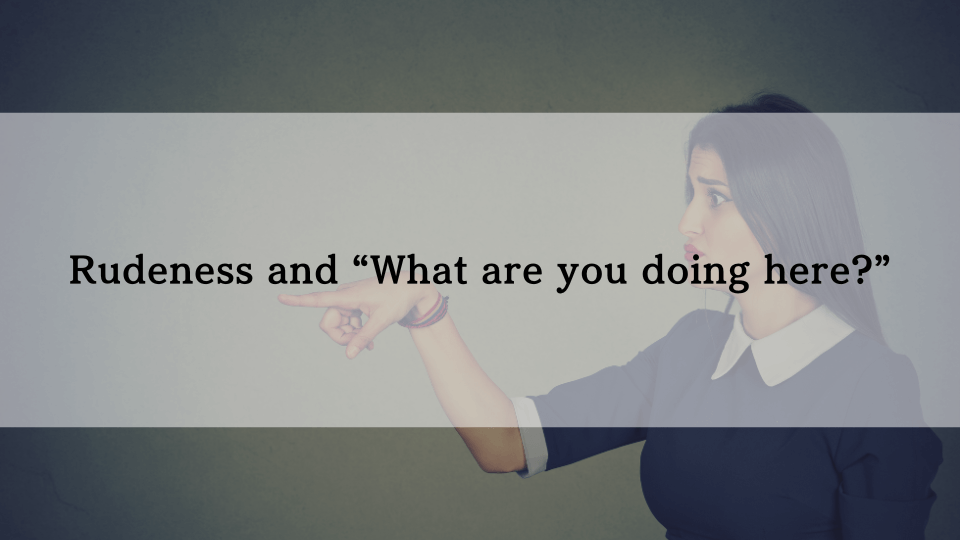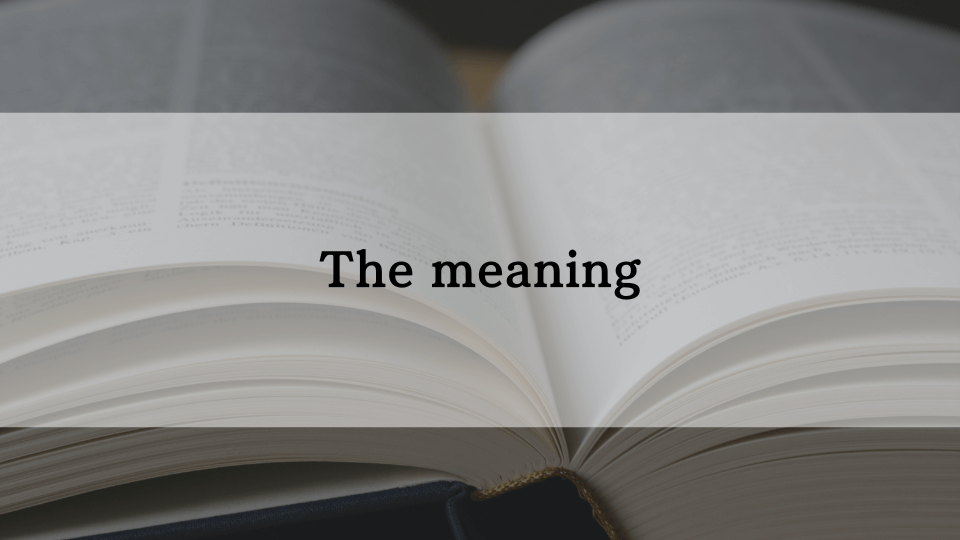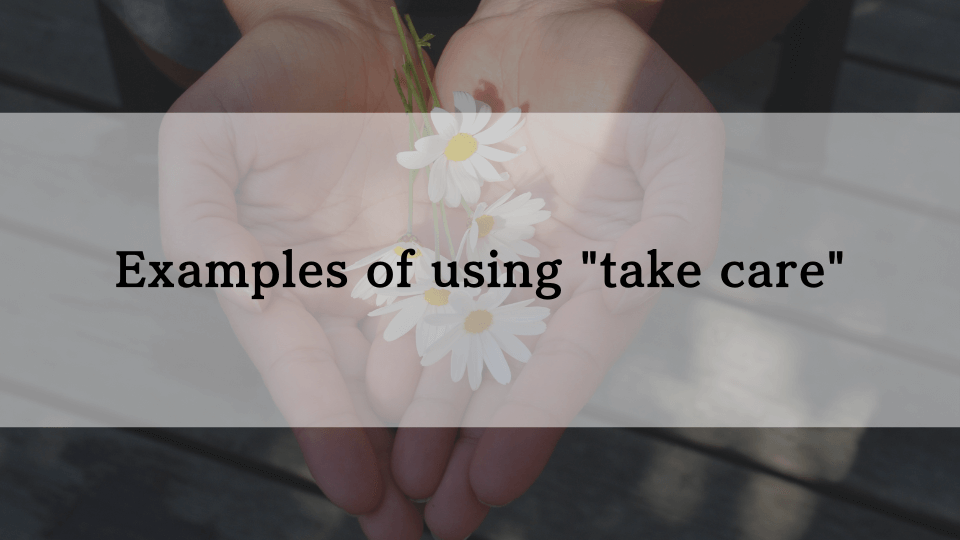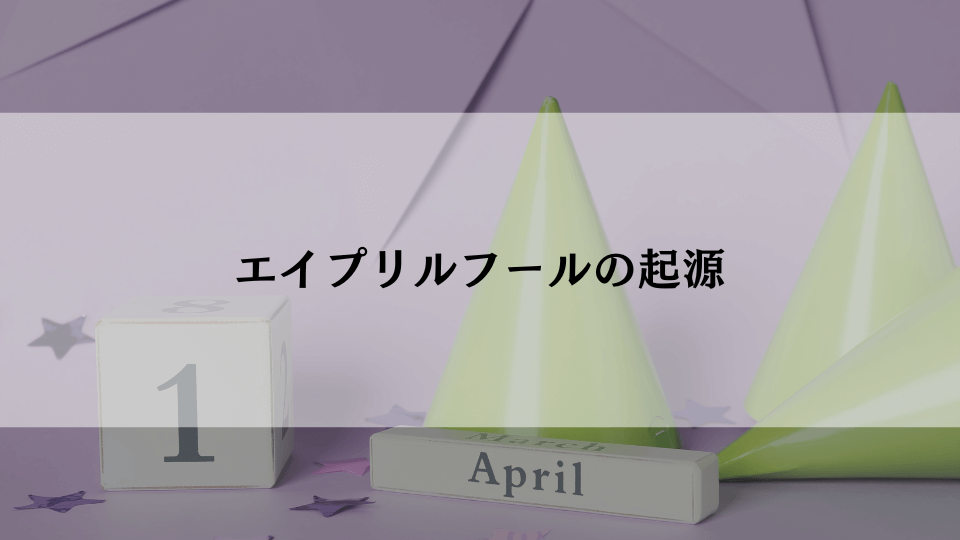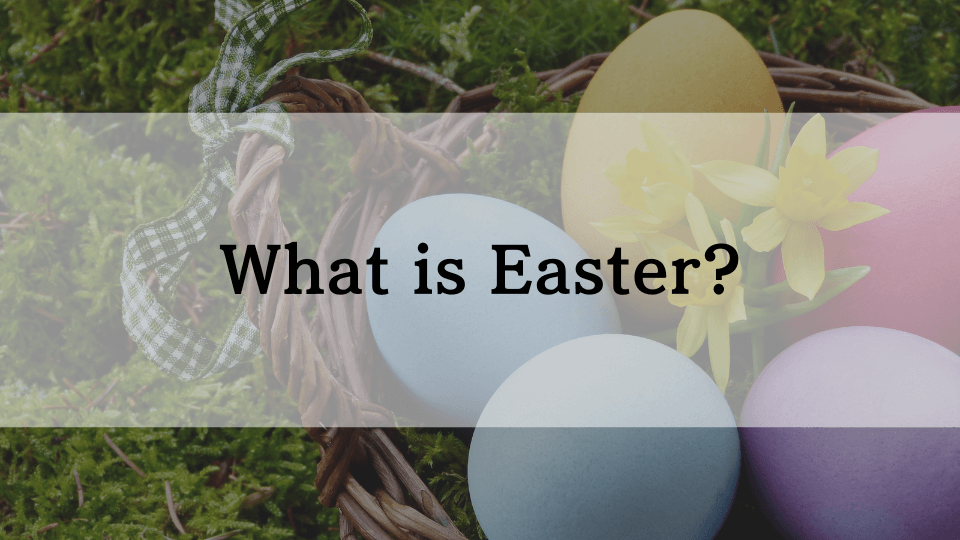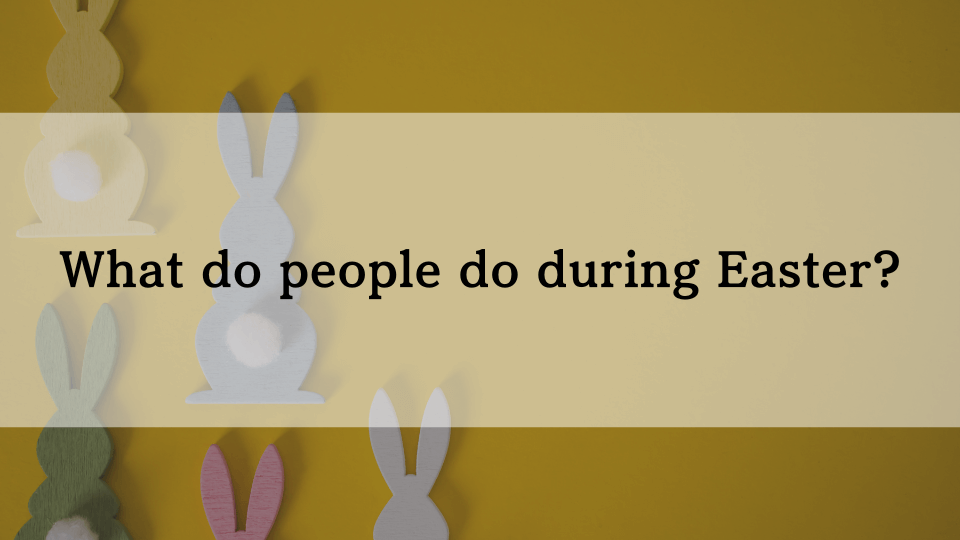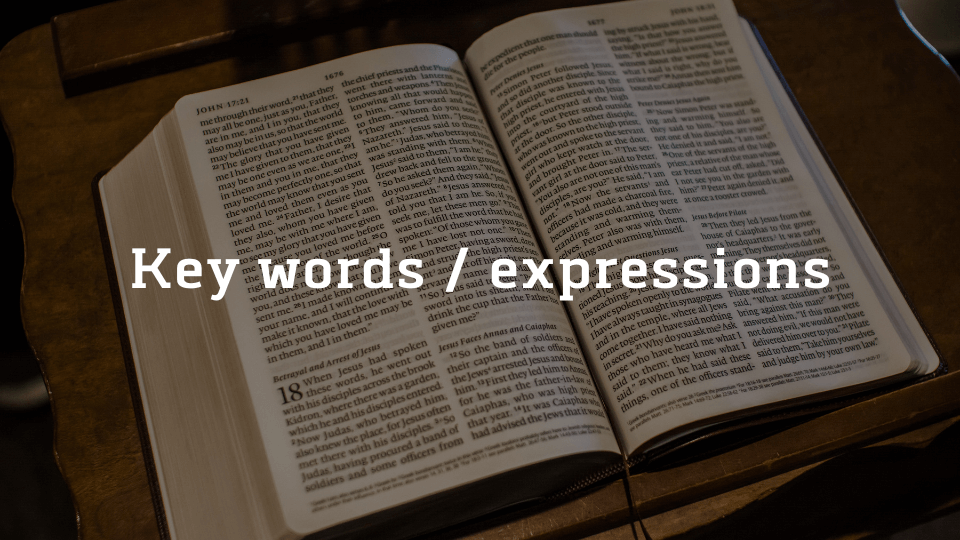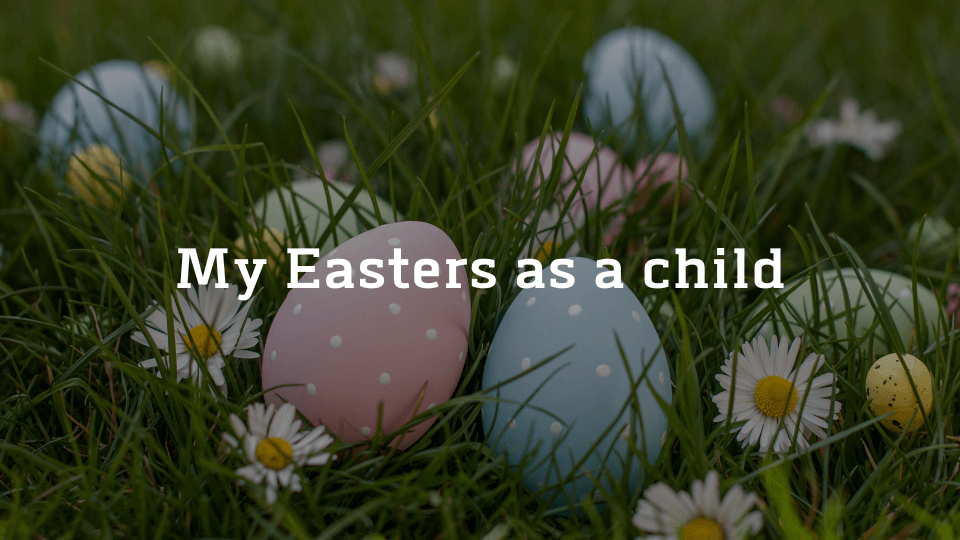【ロビン先生】
ケンジントン英会話の英語講師として、英語のフレーズのニュアンスについて質問を受けることがよくあります。
よくある混乱の一つが「Why don’t you…?」というフレーズです。
このブログ記事では、このフレーズの意味と正しい使い方について探っていきます。
このカジュアルなフレーズを理解することで、特に仕事や学校、日常生活において、より自然に英語でコミュニケーションをとることができるようになります。
実践的な英語ならケンジントン英会話
ケンジントン英会話では、教科書には載っていない、生きた表現を身に付けることができます。
福岡市内の教室やオンラインで、経験豊富でフレンドリーな講師と一緒に英語を学びませんか?
実践的な英語を学びたい方はケンジントン英会話の公式サイトをチェック!
「Why Don’t You…?」とはどういう意味?
「Why don’t you…?」というフレーズは、提案をするときによく使われます。
これは「あなたがなぜそれをしないのか」の理由を尋ねているのではなく、アイデアや行動を穏やかに提案しています。
アドバイスや提案を丁寧に行うためのフレーズであると考えてください。
日本語にはこのフレーズ似た表現がなく、日本語に直訳するとニュアンスが変わってしまうため、特に混乱を招きます。
例えば、誰かが「Why don’t you try the new restaurant in Tenjin?」と言った場合、彼らは「新しいレストランを試してみたら?」と提案しているのであって、なぜまだ行っていないのかを尋ねているのではありません。
「Why Don’t You…?」の例文
「Why don’t you…?」の使い方を理解するために、いくつかの例文をご紹介します。
Why don’t you join us for dinner tonight?
(今晩夕食に参加しませんか?)
Why don’t you take a break and relax for a bit?
(休憩して少しリラックスしませんか?)
Why don’t you come to the party on Saturday?
(土曜日のパーティーに来ませんか?)
Why don’t you consider applying for that job?
(その仕事に応募するのを考えてみてはいかがですか?)
これらの例では、話している人は提案やアドバイスをしています。
また、「Why don’t you」は「instead」という言葉と一緒に使うことがよくあります。
例えば、大濠公園への散歩を計画していた日に雨が降った場合、
Why don’t you go to the shopping mall, instead?
(かわりにショッピングモールに行きませんか?)
と言うことができます。
「Why Don’t You…?」に類似したフレーズ
英語には「Why don’t you…?」と同じような意味を持つフレーズもあります。
How about…? (…はどうですか?)
[例文]
How about taking a walk in the park?
(公園で散歩するのはどうですか?)
What if…? (…したらどうですか?)
[例文]
What if we tried the new izakaya?
(新しい居酒屋を試してみたらどうですか?)
You might want to… (…した方がいいかもしれません)
[例文]
You might want to check out that new movie. It’s really good.
(その新しい映画をチェックした方がいいかもしれません。それはとても良いです。)
Maybe you should… (…した方ががいいかもしれません)
[例文]
Maybe you should call your parents and let them know.
(ご両親に電話して知らせた方がいいかもしれません。)
これらのフレーズは「Why don’t you…?」と同じように提案やアドバイスをするために使うことができます。
「Why don’t you…?」の代わりに、最も理解しやすく使いやすいであろう「You should…」を使うのも手でしょう。
「You should…」は最も直接的な提案の方法です。
「Why don’t you…」はもう少しカジュアルな表現です。
「Why Don’t You…?」に関する私の経験
「Why don’t you」というフレーズにまつわる経験はたくさんありますが、一つ思い出すのは、数年前に日本に戻ることを決めた時のことです。
COVID-19のパンデミックにより大学がオンラインになったため、私はパートタイムの仕事をしながら、家賃を払い、家の中で過ごし、他の3人のルームメイトと住んでいた学生寮でノートパソコンを使って授業を受けていました。
最終的に、他の多くの学生が故郷に戻り始めたように、私も日本に戻る方が理にかなっていると感じました。
ただし、今回は以前住んでいた東京ではなく、2019年に両親が移り住んだ大分でした。
両親がそれに賛同して、「Why don’t you come to Oita and live with us for a year while you finish school?(学校を卒業するまでの1年間、大分に来て私たちと一緒に暮らすのはどう?)」と言ったのには驚きました。
まとめ
このブログが「Why don’t you…?」が英語でどのように使われるかを理解するのに役立てば幸いです。
このフレーズは提案をするためのカジュアルでフレンドリーですが丁寧な言い方です。
なぜそれを行っていないのかを尋ねる質問ではありません。
日常会話やケンジントン英会話のレッスンで、ぜひこのフレーズを使ってみてください!
実践的な英語ならケンジントン英会話
ケンジントン英会話では、教科書には載っていない、生きた表現を身に付けることができます。
福岡市内の教室やオンラインで、経験豊富でフレンドリーな講師と一緒に英語を学びませんか?
実践的な英語を学びたい方はケンジントン英会話の公式サイトをチェック!
[英語原文]
As an English teacher at Kensington Eikaiwa, I often hear questions about the nuances of English phrases. One common point of confusion is the phrase “Why don’t you…?” In this blog post, we’ll explore the meaning of this phrase, and how to use it correctly. Understanding this casual phrase will help you communicate more naturally in English, especially in business, at school, as well as in your day to day life.
What Does “Why Don’t You…?” Mean?
The phrase “Why don’t you…?” is generally used as a suggestion in English. It is not asking for a reason why you aren’t doing something, but rather gently proposing an idea or action. Think of it as a polite way of offering advice or making a recommendation.
It’s especially confusing as it can’t be directly translated into Japanese. There isn’t anything like it in Japanese because it’s sort of a double negative in the sense that in Japanese it would be like suggesting the following: なぜ、そうしないのですか?
For example, if someone says, “Why don’t you try the new restaurant in Tenjin?” they are suggesting that you should give the new restaurant a try, not asking why you haven’t done it yet.
Example Sentences of “Why Don’t You…?”
To help understand how “Why don’t you…?” is used, here are some example sentences:
- 1. “Why don’t you join us for dinner tonight?”
- 2. “Why don’t you take a break and relax for a bit?”
- 3. “Why don’t you come to the party on Saturday?”
- 4. “Why don’t you consider applying for that job?”
In each of these examples, the speaker is making a suggestion or offering advice. Moreover, “Why don’t you” is also often followed by “instead,” or かわりに to suggest an alternate option. For example, if it ends up raining on a day you had planned to go for a walk in Ohori Park, someone might say: “Why don’t you go to the shopping mall, instead?”
Similar Phrases to “Why Don’t You…?”
Other phrases in English have a similar meaning to “Why don’t you…?” Here are a few, along with example sentences:
- “How about…?”
- Example: “How about taking a walk in the park?”
- “What if…?”
- Example: “What if we tried the new izakaya?”
- “You might want to…”
- Example: “You might want to check out that new movie. It’s really good.”
- “Maybe you should…”
- Example: “Maybe you should call your parents and let them know.”
These phrases can be used interchangeably with “Why don’t you…?” to offer suggestions or advice. The easiest to understand and use in place of “why don’t you” is likely “you should…” as it is the most straightforward way of making a suggestion. “Why don’t you,” is simply a little more on the casual side.
My Experiences with “Why Don’t You…?”
While I’ve had many experiences with the phrase “Why don’t you,” one that comes to mind has to do with how I decided to move back to Japan a few years ago. As the COVID-19 pandemic caused my senior year of university to be online, I found myself working a part-time job, paying rent, staying indoors, and “going to class” on my laptop at the student house I lived at with 3 other roommates.
Eventually, as many other students began returning to their hometowns, I too felt that it would make more sense to go back to Japan. Only this time, it wouldn’t be Tokyo, where I lived before. It would be to Oita, where my parents had moved to in 2019.
I was surprised to hear that my parents were on board with this idea as they asked, “Why don’t you come to Oita and live with us for a year while you finish school?”
Conclusion:
I hope this helped you understand how “Why don’t you…?” is used in English. Remember, it’s a casual, friendly, but polite way to make a suggestion. It’s not a question about why something isn’t happening. Feel free to practice using it in your daily conversations and in class at Kensington!
~*~*~*~ \ Follow me / ~*~*~*~
Instagram : @kensington_eikaiwa
Twitter : @Kensington_Eng
Facebook : @kensingtoneikaiwa
YouTube : KENSINGTON英会話
~*~*~*~*~*~*~*~*~*~*~*~*~*
◆お問い合わせはこちら
ケンジントン英会話:お問い合わせフォーム
























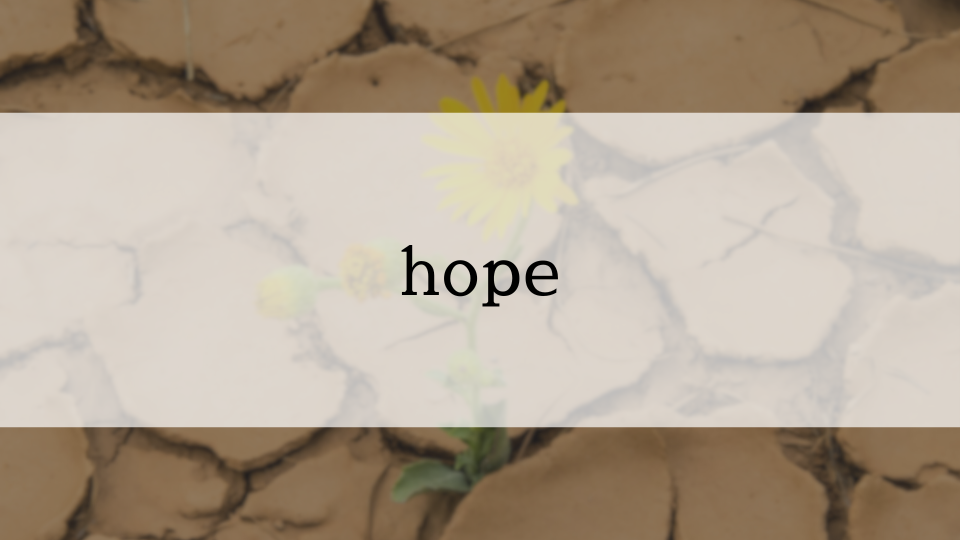
 I wish we can see each other soon.
I wish we can see each other soon. I
I 












